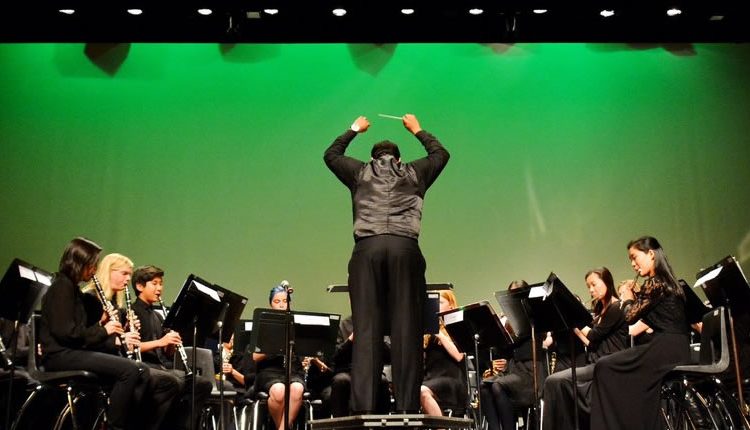Director’s Checklist Part One
by E.C. Moore
Your answers to these simple questions will help improve the performance of your band
A truly great band is a combination of many factors, including the skill and attitude of the band members and the quality and condition of their instruments. Perhaps most important, however, is the personality and musicianship of the director. It is his or her duty to organize, teach, lead and inspire, a monumental task that requires devotion, constant self-analysis and the restraint of self-discipline.
What follows is a checklist of questions for you to ask yourself. The answers may prove helpful to directors who seek to improve the performance of their bands.
Do you really enjoy teaching?
No one, however fine his or her musicianship, can teach successfully without taking delight in working with young people. As is true in every other field of human endeavor, teachers must be in love with their work.
Are you sold on the importance of education in music?
Teachers cannot teach successfully unless they believe what they teach is important. Do you agree that training in music is one of the most effective preparations for life that can be given to young people?
Do you keep your teaching standards high?
All of us want people to like us. But keep in mind that teachers who give the most of themselves — and in turn expect the most from their students — will in the long run receive the greatest respect and admiration.
Do you know how to work with young people?
Do your rehearsals move with a minimum of talking from you and a maximum of interest and attention shown in what you are doing? Slow-moving, time-wasting rehearsals are boring and create the worst possible atmosphere for teaching.
Do you criticize constructively?
To be able to offer criticism without engendering irritation is at the heart of successful teaching. Do you keep criticism constructive and maintain a good humor? Do you achieve the best possible results without antagonizing either individual students or the band as a whole?
Are you capable of self-criticism?
Students are human and subject to all of humanity’s failings. Of course they are not always right, but neither are they always wrong. The same may be said about teachers. Have you developed a faculty for criticizing yourself as well as others?
Have you learned the importance of drilling?
Learning to play a musical instrument correctly calls for building proper habits. Keep in mind that “telling” is not “teaching,” meaning that each oral lesson should be followed by careful, repetitive drilling.
Do you have the score in your head … or your head in the score?
In order to teach effectively, you should know the score by heart. A band director should be able to devote full attention to watching and listening in order to know when the band is playing correctly.
Do you take time to annotate your score?
Unusual fingerings and slide positions are rarely marked in individual parts, yet these occur even in simple music. Do you go over each individual part and underline complex or unusual passages?
Do you maintain enthusiasm before your students?
Do not underestimate the impact made on young students by a neatly dressed, enthusiastic director. Always approach a rehearsal positively, with interest and vitality. This attitude will prove to be surprisingly contagious.
Do you keep up on your major instrument?
The good teacher makes it a point to maintain performance skills, even though this calls for daily practice. This is an excellent way to set an authoritative example for students.
Do you attend concerts and recitals?
So much music is heard from recordings that one is apt to forget that much more can be learned through hearing music performed live. Keep your ears sensitive to good tone and sterling musicianship by attending concerts and recitals whenever possible.
Do you insist on good tone and intonation?
There is little pleasure to be gained from listening to a noisy, out-of-tune band — and none whatsoever from playing in one. Maintain interest and enthusiasm by insisting upon a beautiful tone and in-tune playing.
Do you teach the instrument first?
Reading and playing notes requires a complicated series of mental and physical reactions. For the first few lessons, concentrate on the physical aspects of playing, and then proceed to note reading. Students will progress faster if this routine is followed.
Are you convinced of the great value of musical training?
In secondary schools, it would seem to be the training itself, even more than the benefits that accrue in later life. Remember, every rehearsal, every hour of individual practice and every concert helps to mold the character of the young people entrusted to your care. Make each moment spent in music count to the fullest.
E. C. Moore, a prominent music educator, was author of The Band Book, first published by Leblanc Educational Publications in the 1960s and still in print today. This article is a revised excerpt from that publication. Parts two and three will appear as Keynotes online updates in the coming months.


